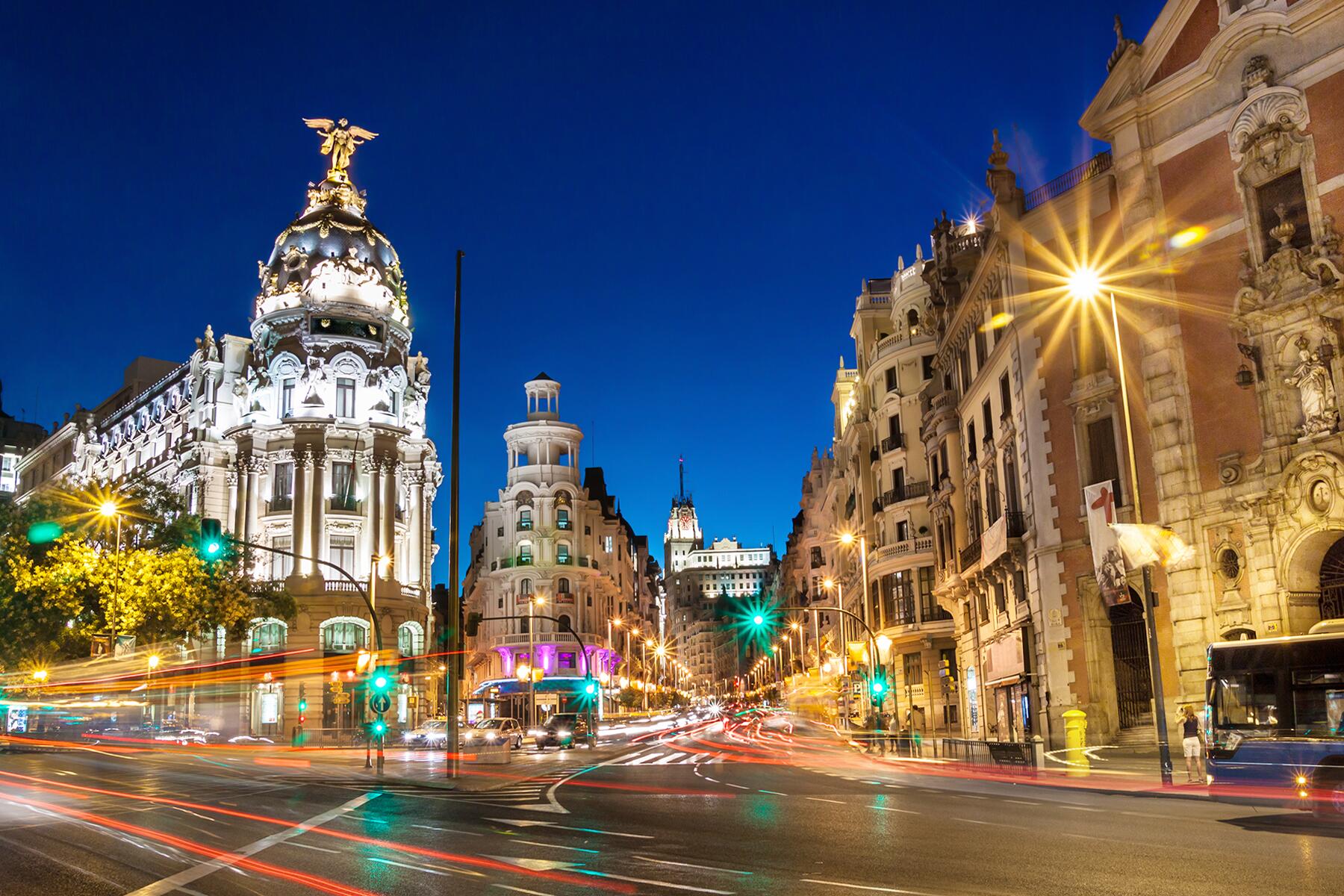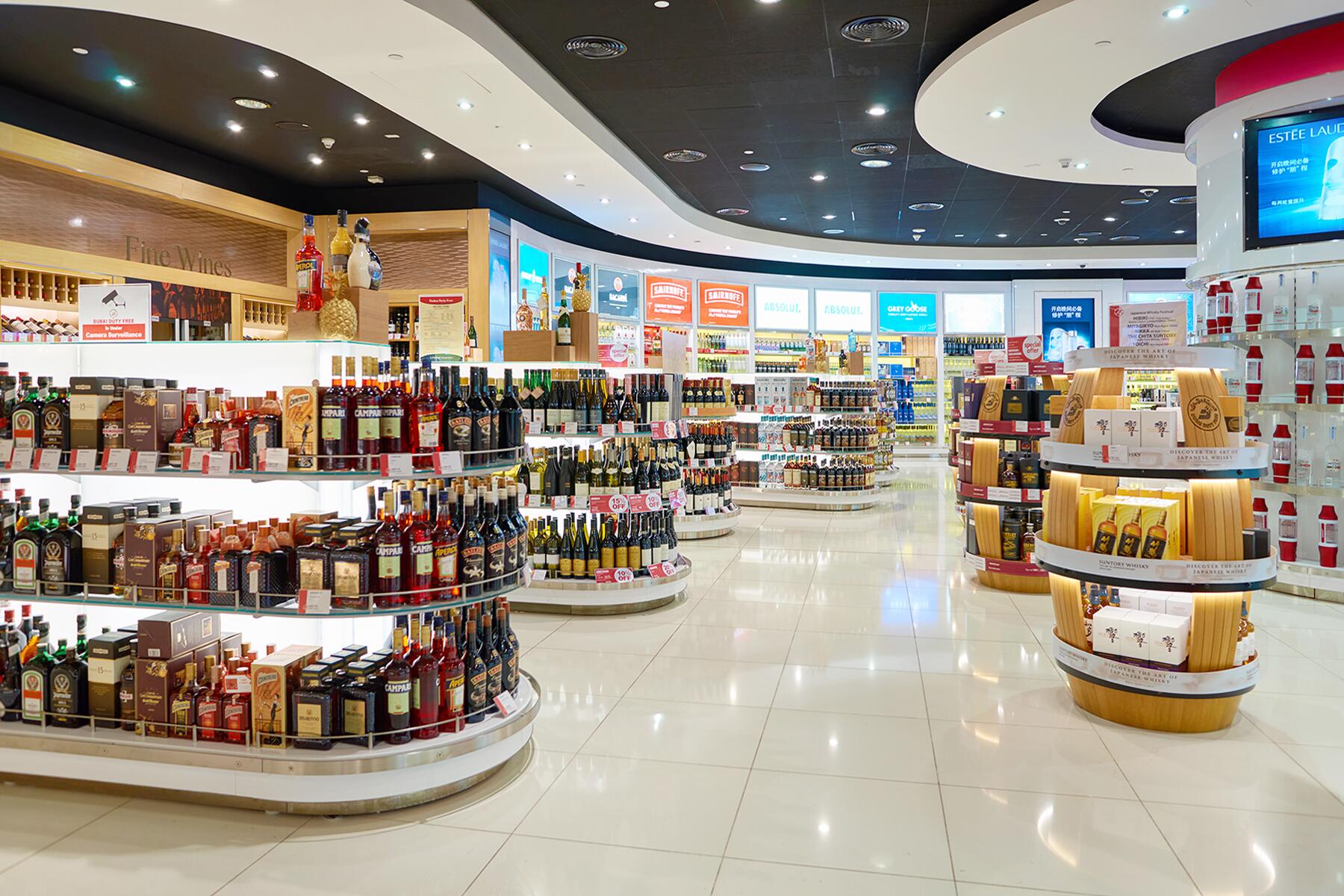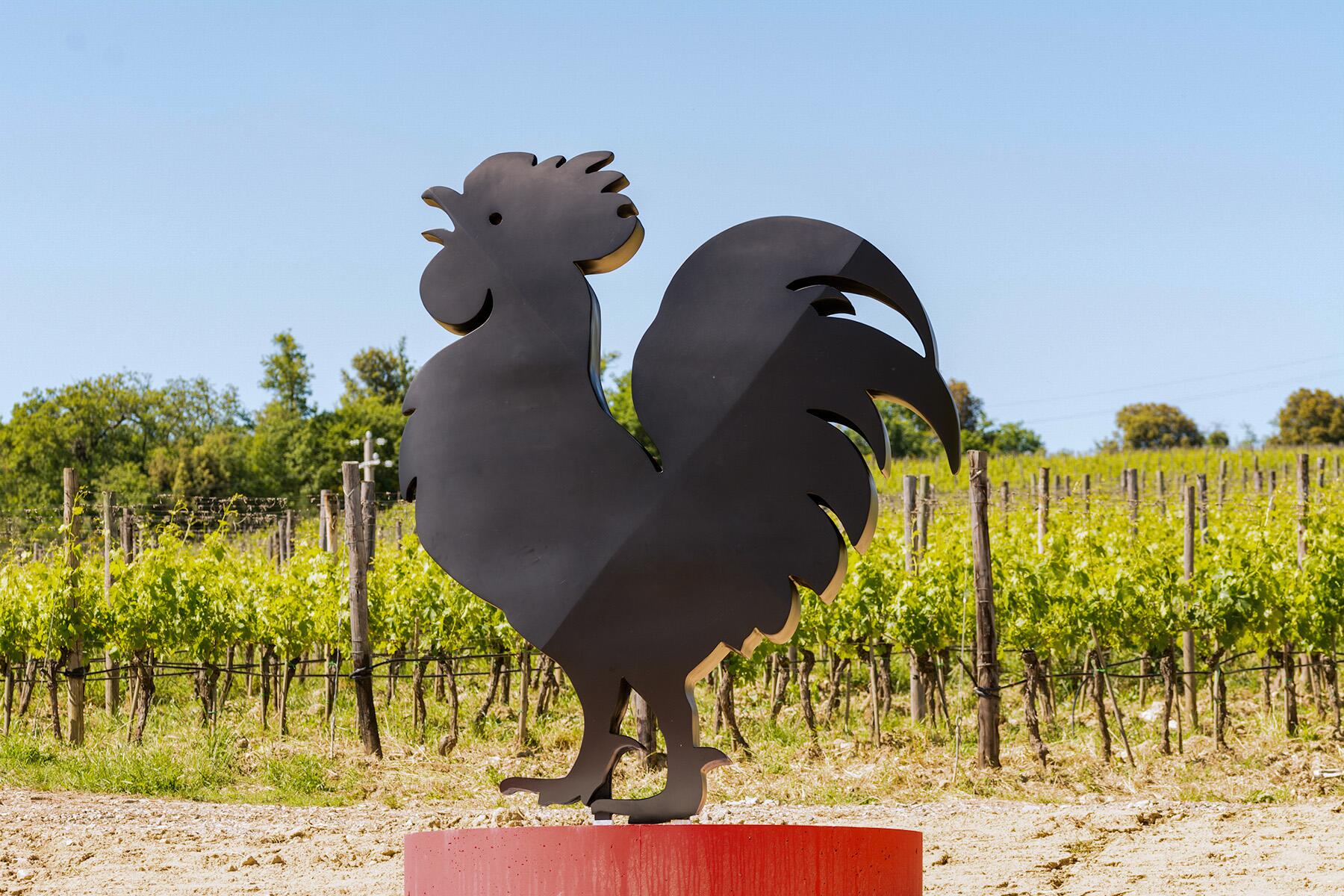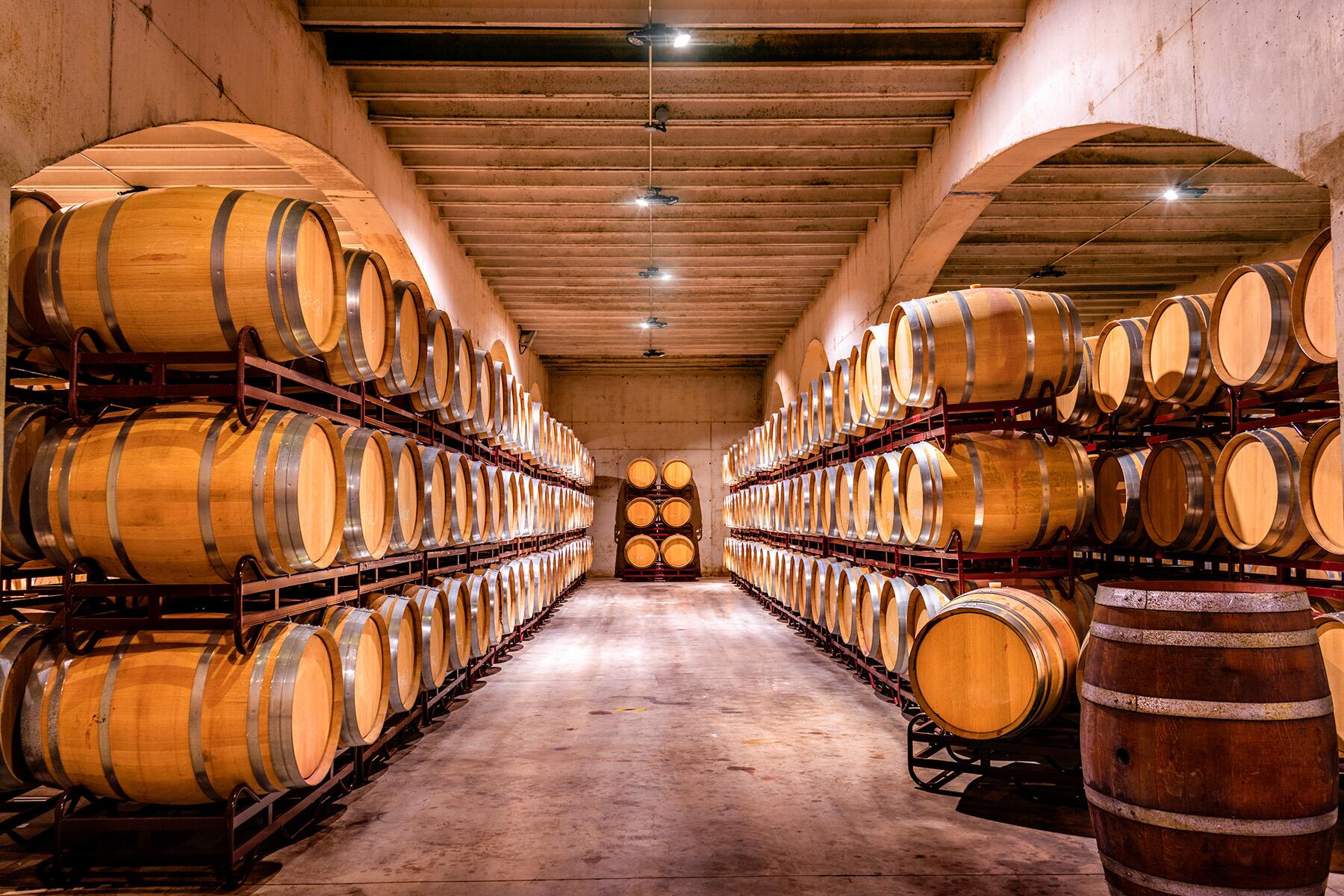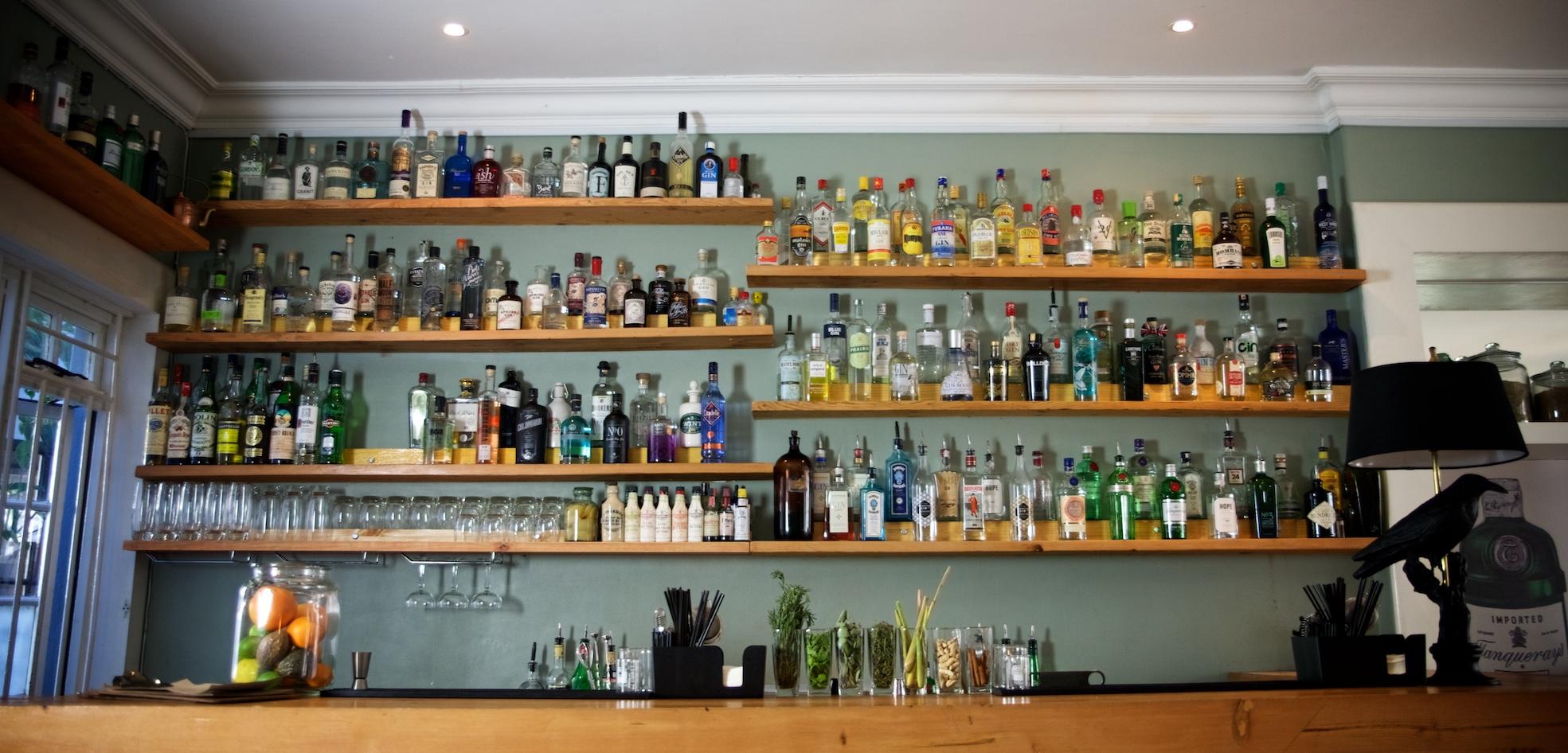Even before imbibing pints became a way of life for the Springbok-loving rugby set, South Africans have been big on beer. The native Sotho, Zulu, and Xhosa tribes, for example, have always brewed and consumed sorghum beers—made from sorghum, maize, maize malt, yeast, and water—in traditional ceremonies. While South African Breweries is the largest producer of beer in the country, including brands like Castle and Carling, South Africa has also become the home to over three dozen microbreweries in recent years. Show up in the fall for the annual Cape Town Festival of Beer, with over 200 local and international craft beers, brewing demonstrations, and beer tours. At any other time of year, stop off at the Beerhouse on Long for an extensive collection of local and international brews—99 bottles of beer on the wall to be exact—plus twenty-five beers on tap, with a food menu designed to sop up the damage, including South Africa’s famous “bunny chow.” For an immersive experience, hit Devil’s Peak Brewing Company, where the beer is brewed in-house, with behind-the-scenes tours available. The brewery’s restaurant, the Taproom goes all out, serving hops-laced items like a Woodhead Amber Ale-infused pulled pork sandwich, which can be enjoyed alongside expansive views of the namesake Devil’s Peak.
